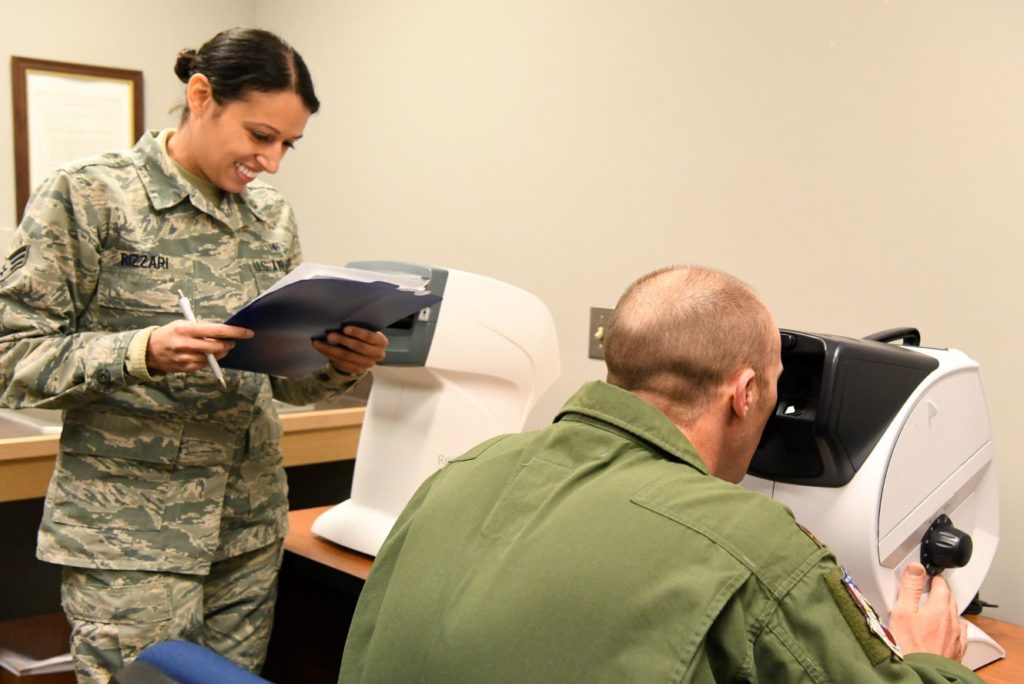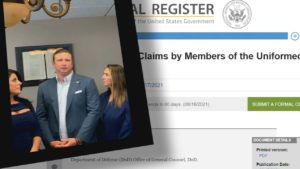When you’ve dedicated your life to serving your country, the last thing you expect is to be harmed by the very healthcare system that’s supposed to protect you. But the reality is, faulty medical advice in the military does happen—and when it does, it can leave service members or their families feeling confused, betrayed, and unsure where to turn. Whether it’s a misdiagnosis, improper medication, or a complete failure to identify a serious condition, the impact can be life-changing.
So what do you do next? And how do you fight back against a system that seems impossible to challenge?
Let’s walk through your legal options—and what steps you should take right now if you’ve received faulty medical advice while serving in the U.S. Armed Forces.
Understanding Faulty Medical Advice in the Military
Military healthcare operates under a different set of rules than civilian medicine. And while there are many dedicated and capable professionals within the system, mistakes still happen. Faulty advice may come in the form of being told your symptoms are “normal” when they’re not, being prescribed medications that conflict with your existing conditions, or being sent back to duty without a proper evaluation.
The effects can be immediate or delayed. Some service members experience complications within days. Others don’t realize the damage until months or years later. Either way, the consequences are real—and you deserve answers.
Why Legal Recourse in the Military Is Complicated
Pursuing legal action after receiving bad medical advice in the military isn’t as simple as it is in the civilian world. Historically, the Feres Doctrine has prevented active-duty service members from suing the federal government for injuries “incident to military service,” including medical malpractice. That policy left countless individuals without a path to justice.
However, in 2019, the National Defense Authorization Act (NDAA) introduced a critical change. For the first time in decades, active-duty service members gained the ability to file administrative malpractice claims directly with the Department of Defense. It’s not a full repeal of the Feres Doctrine, but it’s a significant step forward for those who’ve been wronged by military medical providers.
What to Do If You’ve Been Given Faulty Advice
The first thing you need to do is trust your instincts. If something doesn’t feel right—if your symptoms are getting worse, if a second doctor gives you conflicting advice, or if your condition was clearly mishandled—don’t brush it off. You are your own best advocate.
Start by writing everything down. Record what you were told, by whom, and on what dates. Request copies of your full medical records, even if they’re from multiple facilities. If you’re unsure how to do this, a military malpractice attorney can help.
It’s also critical to seek a second opinion, preferably from a civilian doctor outside the military healthcare system. An independent diagnosis or review of your case can provide objective evidence to support your claim.
If you’re still on active duty, you should notify your commanding officer or patient advocate about the incident. This creates an official record, which may be important later on.
Filing a Military Medical Malpractice Claim
The process of filing a claim for military medical malpractice has two main tracks, depending on your status.
If you’re active-duty, your route is through the administrative claims process established under the NDAA. This process involves submitting your complaint directly to the Department of Defense. You’ll need to include documentation proving that negligence occurred and that you suffered harm as a result.
If you’re a dependent, retiree, or other non-active-duty individual, you may be eligible to file under the Federal Tort Claims Act (FTCA). This is a separate legal path that allows civilians to sue the federal government for negligence, including medical errors. However, the process is complex, and strict timelines apply.
In either case, having an attorney who specializes in military medical malpractice is essential. These legal professionals understand the nuances of federal law, the military health system, and how to present a compelling case for compensation.
How Long Do You Have to File a Claim?
Time is not on your side when it comes to these cases. Generally, you have two years from the date of the incident—or from when you discovered the harm—to file your claim. If you wait too long, even with strong evidence, your case may be dismissed outright.
It’s not just about deadlines. Early action means evidence is fresher, medical records are more accessible, and your memory of the incident is clearer. Don’t delay.
What Kinds of Compensation Are Possible?
While no amount of money can undo the damage caused by poor medical advice, financial compensation can help cover your losses. You may be entitled to payment for additional medical treatments, lost income, reduced earning potential, or long-term disability. In some cases, emotional distress or loss of quality of life may also be taken into account.
If the malpractice led to a wrongful death, surviving family members may be eligible to receive support. These cases are especially sensitive, and having a skilled legal advocate is crucial.
Misconceptions That Prevent People from Filing
Many service members assume they can’t take legal action because “you can’t sue the military.” Others fear retaliation, especially if they’re still serving. But recent changes in the law and a growing understanding of patients’ rights in military settings have shifted the legal landscape.
Another common myth is that complaints won’t go anywhere because military doctors are immune. In truth, accountability matters. Even if the provider isn’t personally sued, filing a claim holds the system responsible and forces a review of policies and procedures that may prevent future harm.
Why Legal Help Is Essential
This isn’t just about filing a form or making a complaint. Military malpractice cases require deep knowledge of administrative processes, federal law, and military protocol. A civilian attorney unfamiliar with these systems may not be able to navigate them effectively.
Military-focused malpractice attorneys provide more than legal support—they offer clarity, confidence, and a path forward in a system designed to protect itself. With the right team, you’ll not only be heard, but your case will be taken seriously.
Conclusion:
Being harmed by faulty medical advice is difficult enough. Being told there’s nothing you can do about it is worse. But the truth is, you have rights—and you have options.
If you or someone you love received negligent care or misleading medical advice while serving in the U.S. military, it’s time to act. The legal system may be complex, but you don’t have to navigate it alone.
At Ripka Kelly LLP, we fight exclusively for service members, veterans, and their families. Our legal team understands the military healthcare system and has the experience to pursue justice on your behalf.
Contact us today for a confidential consultation. Your service matters. Your story matters. Let us help you take the next step toward accountability and healing.

 Call Now- Open 24/7
Call Now- Open 24/7





